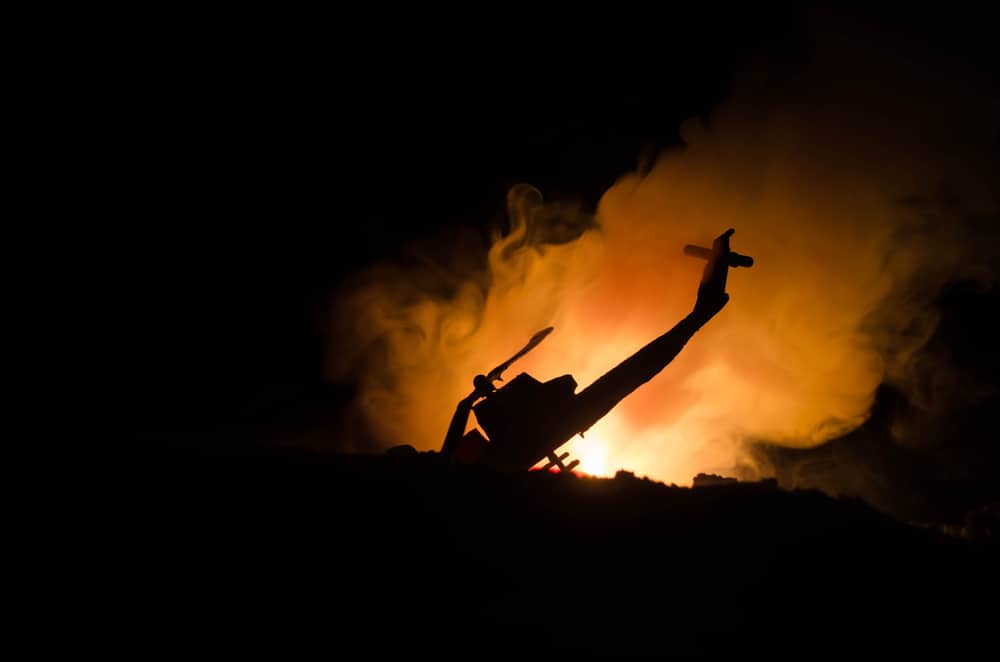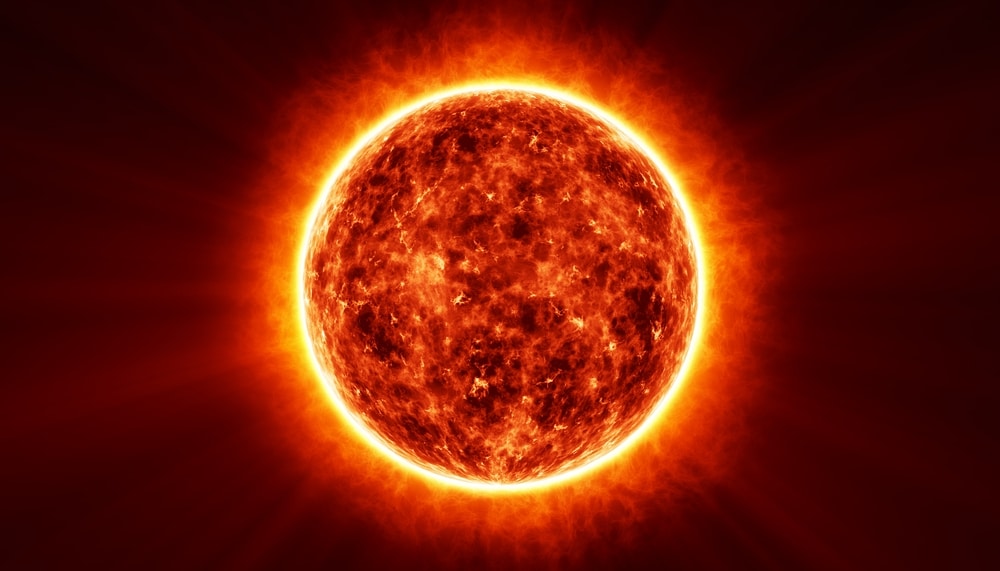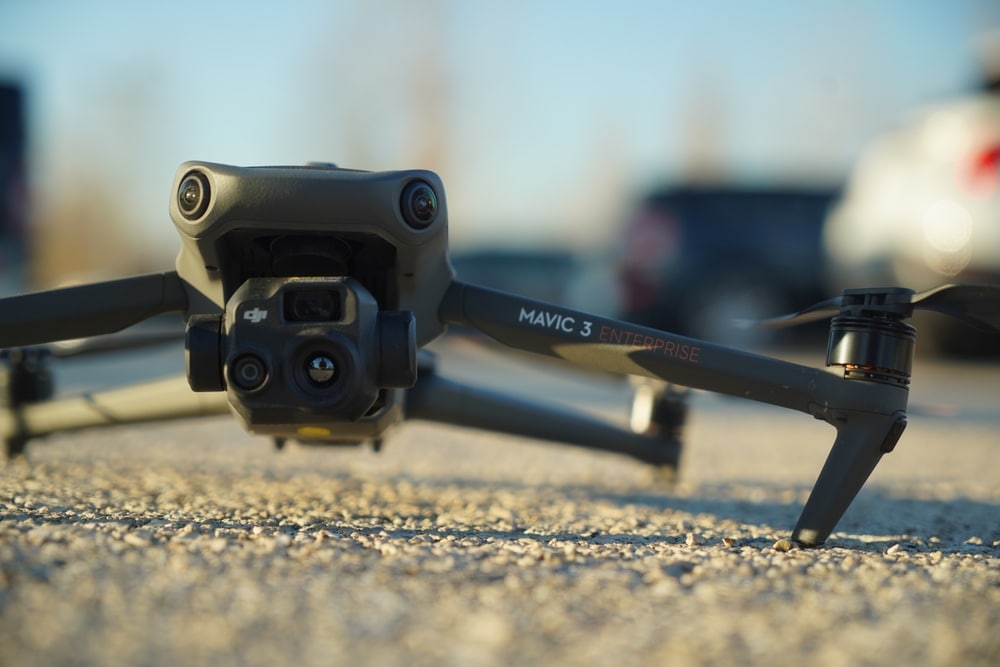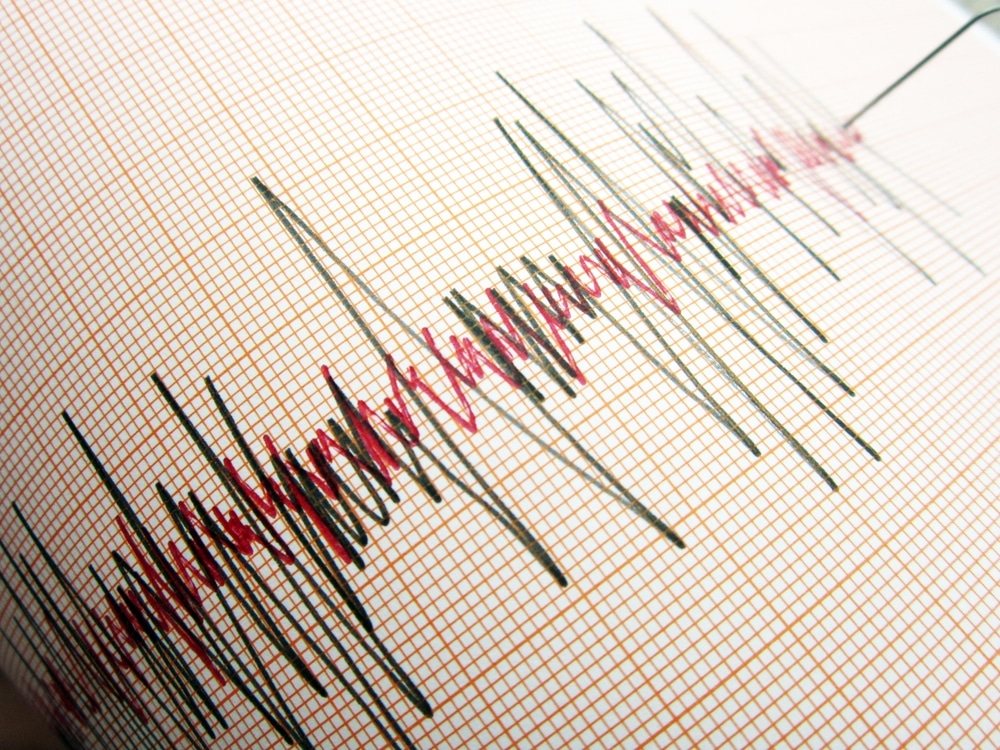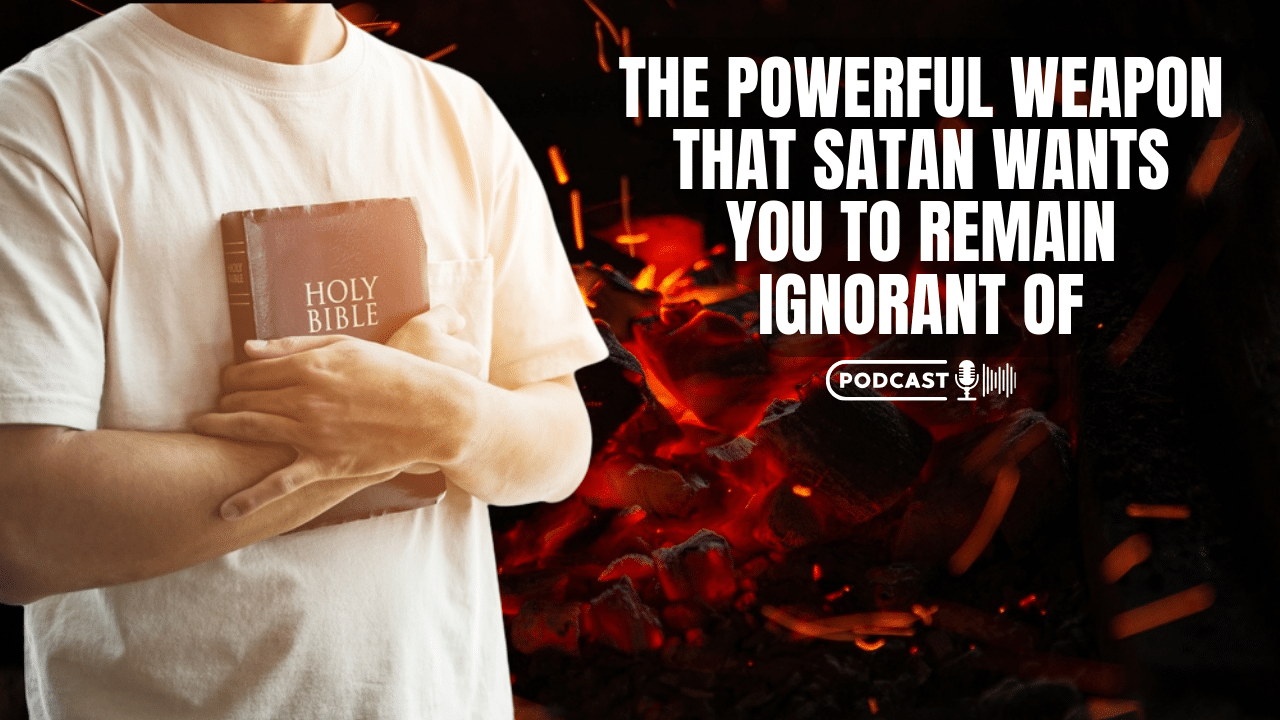The Russian tanks and missiles besieging Ukraine also are threatening the food supply and livelihoods of people in Europe, Africa, and Asia who rely on the vast, fertile farmlands of the Black Sea region — known as the “breadbasket of the world.”
Ukrainian farmers have been forced to neglect their fields as millions flee, fight, or try to stay alive. Ports are shut down that send wheat and other food staples worldwide to be made into bread, noodles, and animal feed. And there are worries Russia, another agricultural powerhouse, could have its grain exports upended by Western sanctions.
While there have not yet been global disruptions to wheat supplies, prices have surged 55% since a week before the invasion amid concerns about what could happen next. If the war is prolonged, countries that rely on affordable wheat exports from Ukraine could face shortages starting in July, International Grains Council director Arnaud Petit told The Associated Press.
The fallout from the fighting in Ukraine will take a meaningful bite out of the global economic recovery this year, with the greatest impact in Europe, economists said. A spike in oil prices to more than $110 per barrel and renewed supply chain disruptions – including fresh headaches for the auto industry –
also are likely to aggravate U.S. inflation, already at a 40-year high. But the war’s long-term consequences could be more profound. Even before Russian President Vladimir Putin sent tanks and missiles hurtling toward Ukraine, years of deteriorating U.S.-China relations and failed global trade talks had stalled the tighter integration of finance and trade flows that had been anticipated during globalization’s heyday.
What comes next is unlikely to mirror the Cold War’s distinct blocs. Even as the global economic order fractures, no rival ideologies compete for supremacy. And China’s harsh authoritarian turn under President Xi Jinping co-exists with extensive commercial ties to the United States, Europe, and Japan. But governments, corporations, and investors all are adjusting to a new reality.







